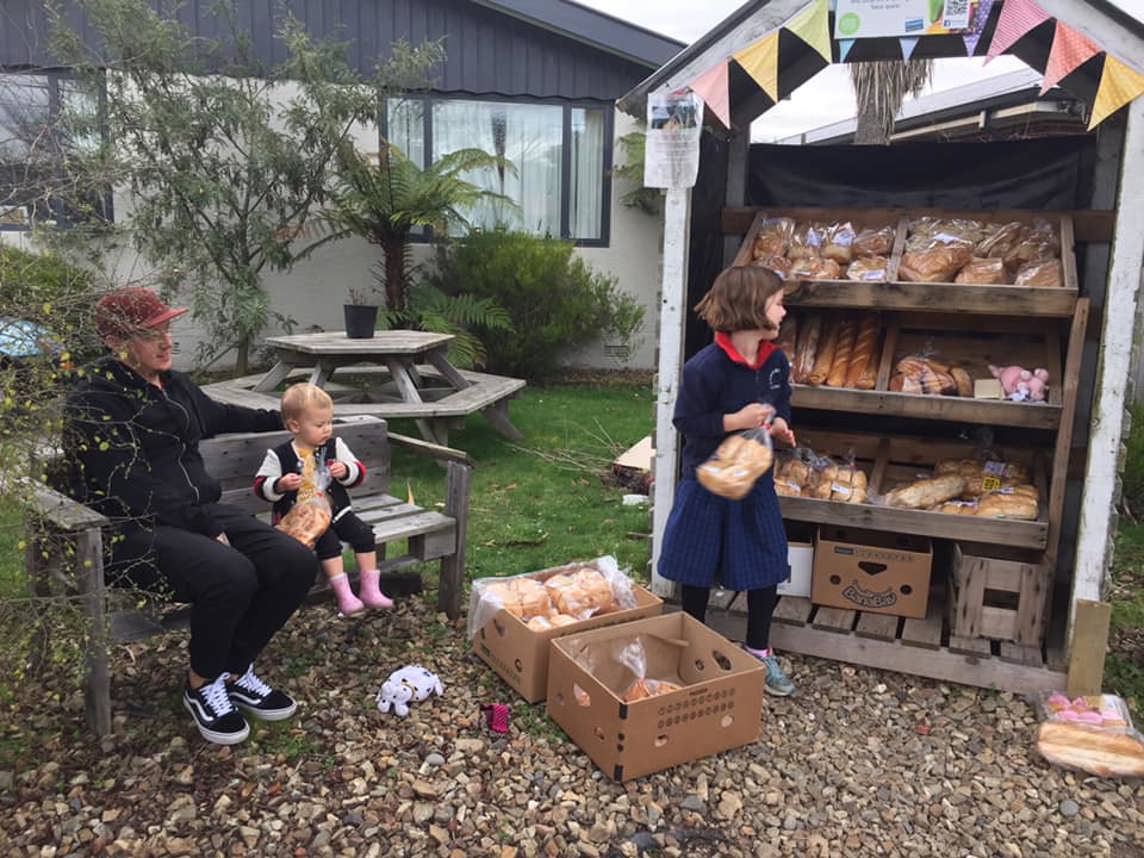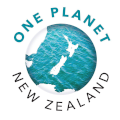What is a circular economy?
Looking beyond the current take-make-waste extractive industrial model, a circular economy aims to redefine growth, focusing on positive society-wide benefits. It entails gradually decoupling economic activity from the consumption of finite resources, and designing waste out of the system. Underpinned by a transition to renewable energy sources, the circular model builds economic, natural, and social capital. It is based on three principles:
- Design out waste and pollution
- Keep products and materials in use
- Regenerate natural systems
Learn more from the Ellen MacArthur Foundation, the world leaders in developing these concepts.
Examples of Circular Economy Systems in New Zealand
We are lucky to be surrounded by circular systems but sometimes it isn't obvious to the general public the sustainability of those. Here are a few of our favourite examples that we know of. Let us know if you have anything in your local area and we will add it to the list!
Again Again coffee cups - Pay a bond and get a reusable takeaway cup for your coffee
TURN reusable drinks cups
Repair Café Aotearoa New Zealand (RCANZ) is part of the Zero Waste Network. RCANZ advocates for the international Right To Repair movement, which supports stricter regulations for manufacturers regarding repairs, spare parts and product maintenance. If a broken or faulty product is repaired rather than replaced, this extends the lifetime of the product and reduces the amount of waste going to landfill. It also encourages businesses to make their products easier to repair and more durable by design. There are many Repair Cafés throughout New Zealand, where volunteers fix a variety of goods including electrical items, bicycles, clothing and toys. A list of Local Repair Cafés can be found on the RCANZ website.
The (Pātaka Kai) Open Street Pantry Movement - Community pantries for people to donate excess food to share with their neighbours.

“Nā tō rourou, nā taku rourou ka ora ai te iwi
With your basket and my basket we will sustain the people”
